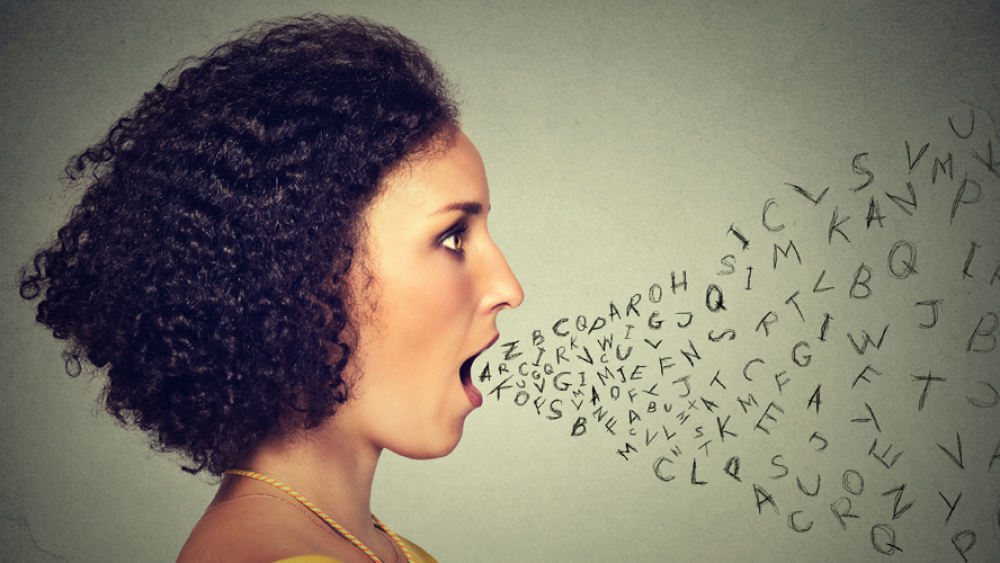A qualitative look at the language of customer engagement
05 May 2016

As a first step to our upcoming Customer Engagement research, we conducted a study to look at the ways in which people talk about shopping, buying and brands.
This research is important because it will help define the language for the main research piece we will conduct in collaboration with Future Foundation, and ensure that when we speak to people we are asking them not just the right questions, but in the right language.
The main quantitative research will be launched at Customer Engagement 2016 on Tuesday 14 June at the British Museum.
Below are the themes, and then a little exploration of the words people used when talking about those themes.
Engagement
To consumers, what engagement means varies. It could be anything from, "checking on Facebook," to "receiving emails," to "communication via emails social or post."
Some said this is, "how banks contact me," and "How they [brands] market products to catch attention.” Some felt engagement was negative, "They batter you with emails and ads," while others were more ambivalent, saying brands, "communicate often, personalise messages," and, "offer something appealing." One said engagement was, "what they [brands] do to have more clients, like ads."
More positively, one said engagement was, "putting the consumer first – feeling like you matter," or, "having a positive impact on your life," or "being interested in what you are doing."
Several described brands as attracting or luring consumers. "How brands appeal to you," or, "how drawn to them you are," or, "what draws you to choose them," or, "what you find most appealing about them.
Loyalty
Loyalty related to ideas about service, price and value for money.
One described loyalty as, "Being with for a long time," another as a brand they, "have used".
Themes also drifted into quality, and questions about price, and whether a particular item is, "worth the extra money."
Companies can build more loyalty by, "offering the best service," the "best deals" and best price. Convenience is another factor.
"If they don’t wrong me, I don’t see the need to change," said one. "If they treat me well and I have no issues then I see no need to move."
When asked if they felt loyal, one replied, "Yes, because I have had no issues over the years," implying some inertia. Another replied that they, "Stick to one brand, not changing it regularly even though other provide offers." Another felt that convenience was a factor, "You will always visit one of those stores or banks."
Contact
This was often in the context of, "how banks make contact with myself, or, "the way in which businesses entice you to do business with them."
Once contact is made, how then do brand and consumer interact? One said, this was, "How the organisations interact with me and get me to use their services by making me interested in what they have to offer."
If the brand succeeds in making contact, interacts then do they build a relationship?
People were unconvinced. They were, "just the customer," or, "I’m just the customer in most cases – I have a relationship with people not shops."
One said, "I just use their services," while another found a relationship absurd, "they are just businesses."
Others were actively hostile to having a relationship with a brand. "I want to shop and not be contacted by them." Another said, "they are there for a service, not for me to have a relationship with."
Purchase
When buying, the idea of loyalty creeps back. "I stay loyal to the brands that I like when making purchases." another said, "There are certain brands/shops/banks that I’m loyal to and use often."
Others rubbished the idea of loyalty when making a purchase. "I go to the place with the best deals at the time," while another said, "I just want the cheapest price."
But good customer service does seem to have an impact. "Although they are in business to make money, they make me feel looked after as well," while others are cynical about the motives of brands, "brands are only interested in selling stuff and not making relationships."
Regularity
Another concept related to loyalty - people are often creatures of habit. "My bank – I know them well," while another said, "Regular use of them fulfils our needs." Another went further, implying that regular usage puts the onus on the brand, "With those I use on a regular basis, I expect them to contact me regarding offers."
Stories
As content marketing, social media and the whole notion of brand 'storytelling' increases in importance or perceived importance, consumers are disparaging about content, one labelling it as, "Boring – don’t want it, don’t read it."
Another felt that brand storytelling was misguided. "Would rather they did not spend money [this way], better on keeping prices low."
Conclusion
The language described above is inconsistent, contradictory, but realistic.
Marketers have a vocabulary that works for them, but people are infrequently marketers. Let us know your thoughts on the above, and we will let you know about developments in our customer engagement project soon.
View the animated infographic displaying the results.
Our Customer Engagement day will be on 14 June at the British Museum - buy your tickets here.




Please login to comment.
Comments